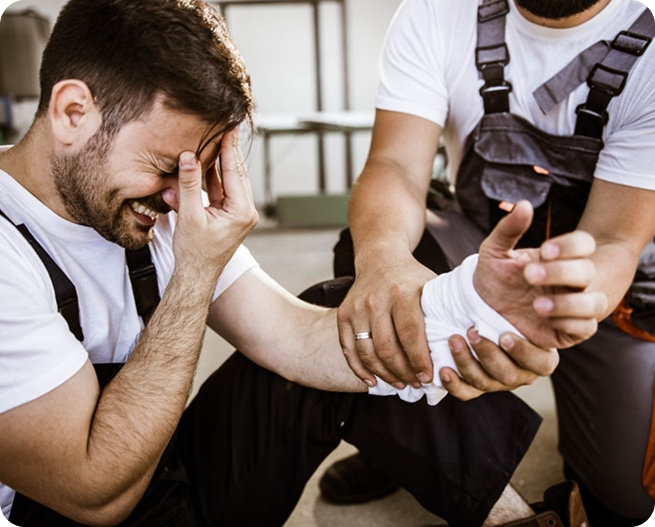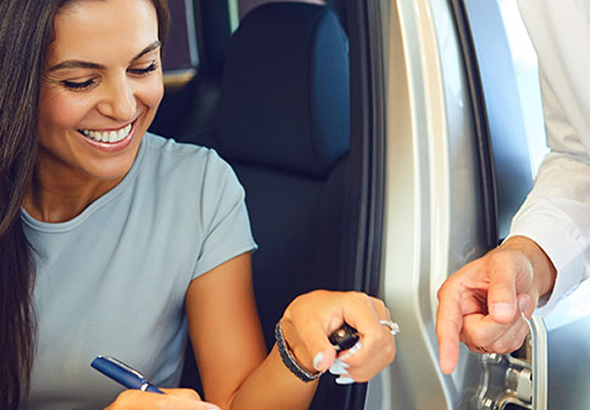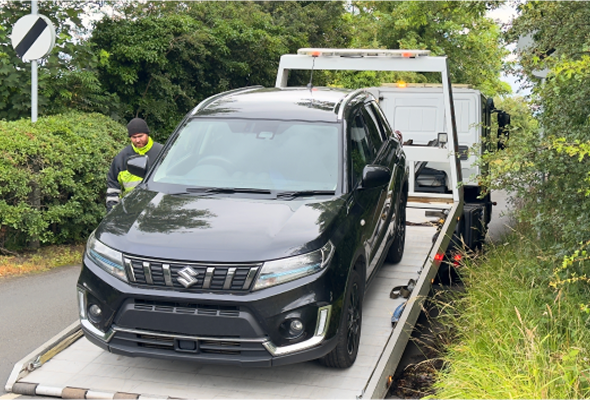Report Your Accident
0333 006 5744We’ll be even quicker, if you have the following to hand
 The date, time and location
The date, time and location
 The damage to your vehicle
The damage to your vehicle
 Your registration number
Your registration number
 Any third-party information
Any third-party information


Advisors Available 24/7 In Our UK Based Call Centre.
 The date, time and location
The date, time and location
 The damage to your vehicle
The damage to your vehicle
 Your registration number
Your registration number
 Any third-party information
Any third-party information



After a non-fault accident, being without your vehicle can disrupt your life. Honest Driver ensures that you remain on the move with a comparable replacement vehicle, reflecting the comfort and specifications you’re accustomed to. Your right to a replacement vehicle is backed by law if another’s negligence leaves your car unroadworthy.
0333 006 5744If the accident wasn’t your fault, we provide a replacement vehicle at no cost—
covered by the at-fault driver’s insurer.
While your car is being repaired at our dedicated body shops, we’ll promptly deliver a like-for-like replacement vehicle to keep you on the road. The cost is covered by the at-fault driver’s insurer, ensuring you get a vehicle of the same size and standard as yours—at no expense to you.
Make A ClaimsClaimslime provides a like-for-like replacement vehicle on the same day, keeping you mobile until your car is fully repaired. In a non-fault accident, all costs are covered by the at-fault driver’s insurer, ensuring a stress-free experience.
Make A Claims
if you’ve been in an accident that wasn’t your fault, getting back on the road shouldn’t be a hassle. By choosing a credit hire company like Claimsline, you’ll receive a like-for-like replacement vehicle at no cost to you. Instead of going through your own insurer—who may limit your coverage, charge excess fees, or affect your no-claims bonus—we recover the hire costs directly from the at-fault driver’s insurance. This ensures you don’t have to worry about out-of-pocket expenses while still receiving the support you need. Credit Hire claims provide a smoother, more effective way to recover your financial losses and keep your daily life moving without disruption.
0333 006 5744The screech of metal, the jolt of impact—the aftermath of a car accident is stressful...
Tab 2 content...
Tab 3 content...
Tab 4 content...
Tab 5 content...
Tab 6 content...
Tab 7 content...
The screech of metal, the jolt of impact—the aftermath of a car accident is stressful...
Tab 2 content...
Tab 3 content...
You ve got questions.
One of our team will get back to you shortly or call our claims team on 0330 043 4740